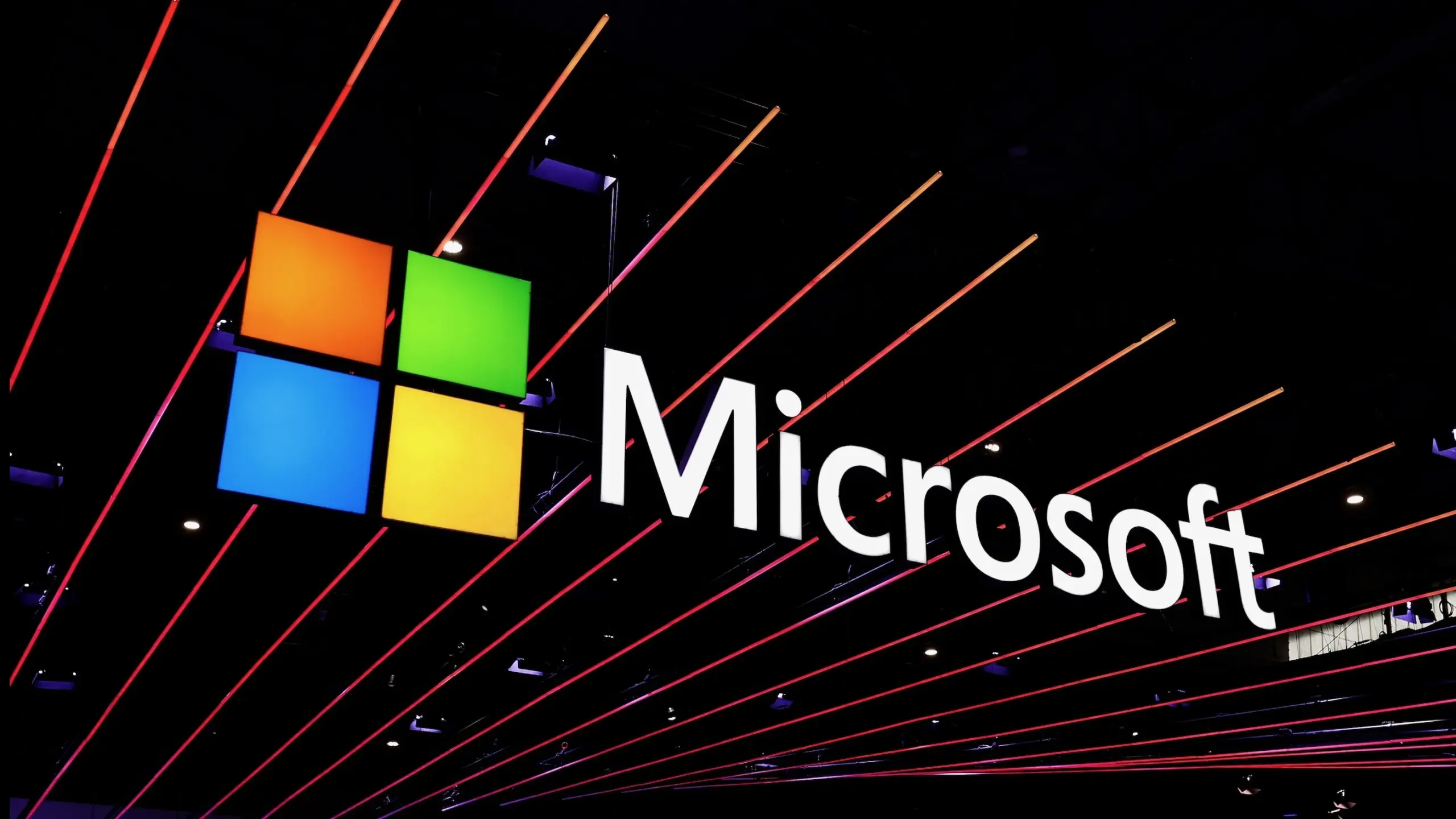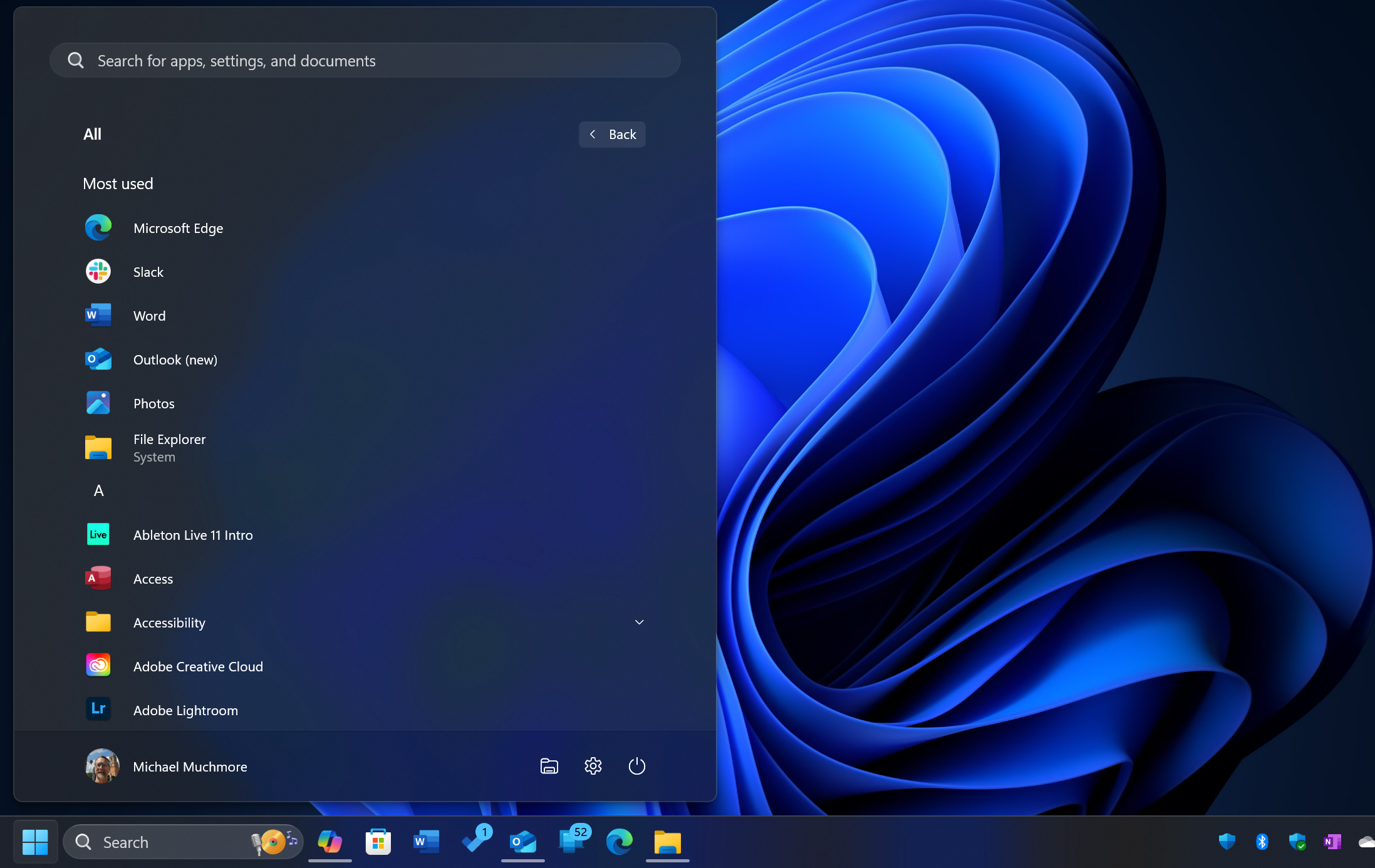The rapid advancement of artificial intelligence has brought about incredible possibilities, but with great power comes great responsibility – and potential for misuse. Google’s latest AI model, Gemini, boasts impressive capabilities in understanding and generating human-like text, code, and even creative content. While this opens doors for innovation across various sectors, a darker side looms: could Gemini become a potent weapon in the hands of cybercriminals, amplifying the scale and sophistication of their attacks?
Recent discussions within the cybersecurity community highlight this growing concern. Experts suggest that the very features that make Gemini a groundbreaking tool for developers and users could be exploited by malicious actors to craft more convincing phishing campaigns, generate sophisticated malware, and even automate aspects of cyberattacks. The sheer versatility of Gemini, its ability to learn and adapt, could provide hackers with an unprecedented advantage.
Imagine a phishing email so perfectly tailored to an individual’s interests and online behavior that it bypasses even the most vigilant security awareness training. Gemini’s natural language processing capabilities could make this a reality. By analyzing vast amounts of publicly available data, the AI could generate highly personalized and persuasive messages, making it harder for victims to distinguish between legitimate communication and a malicious attempt to steal their credentials or financial information.
Furthermore, Gemini’s coding proficiency presents another significant risk. While intended to assist developers in writing and debugging code, this ability could be leveraged by cybercriminals to create more complex and evasive malware. The AI could potentially generate code that can bypass traditional antivirus software or adapt its behavior to avoid detection, making it significantly harder for security professionals to identify and neutralize threats.
The potential for automation is perhaps the most alarming aspect. Cyberattacks often involve repetitive tasks, such as scanning for vulnerabilities or crafting initial attack vectors. Gemini could automate these processes, allowing attackers to launch more widespread and coordinated campaigns with fewer resources. This could lead to a surge in cyberattacks, overwhelming existing security infrastructure and making it challenging for organizations to defend themselves effectively.
Consider the scenario of a distributed denial-of-service (DDoS) attack. While currently orchestrated through botnets, an attacker could potentially use Gemini to coordinate a more sophisticated and adaptive DDoS attack. The AI could analyze network traffic in real-time, adjusting the attack vectors and intensity to maximize disruption and evade mitigation efforts.
The human element also plays a crucial role. Cybercriminals are constantly looking for ways to manipulate human psychology to gain access to systems and data. Gemini’s ability to generate realistic and engaging content, including text, images, and even audio, could be used to create more convincing social engineering attacks. Imagine deepfakes that are indistinguishable from reality, used to impersonate trusted individuals or spread misinformation to manipulate victims into taking harmful actions.
While Google has implemented safeguards to prevent the misuse of Gemini, the ingenuity of cybercriminals should not be underestimated. Just as previous technological advancements have been weaponized, there is a real risk that malicious actors will find ways to circumvent these safeguards and exploit the power of Gemini for their own nefarious purposes.
The cybersecurity community is actively working on developing countermeasures to address these potential threats. This includes developing AI-powered security tools that can detect and analyze sophisticated attacks generated by models like Gemini. Collaboration between AI developers, cybersecurity experts, and law enforcement agencies will be crucial in staying ahead of this evolving threat.
Organizations and individuals must also remain vigilant and proactive in their security practices. This includes implementing strong passwords, enabling multi-factor authentication, being cautious about clicking on suspicious links or opening unsolicited attachments, and keeping software up to date. Investing in employee cybersecurity awareness training is also more critical than ever, as humans remain a significant vulnerability in the security chain.
The emergence of powerful AI models like Gemini presents a double-edged sword. While offering immense potential for progress, it also introduces new and complex security challenges. The “helping hand” Gemini could potentially offer cybercriminals is a serious concern that requires immediate attention and proactive measures from the cybersecurity community, technology developers, and individuals alike. Failing to address this threat could lead to a significant increase in the frequency and sophistication of cyberattacks, with potentially devastating consequences for individuals, organizations, and society as a whole. The race to secure the future in the age of advanced AI has just begun, and the stakes are incredibly high.










Add Comment